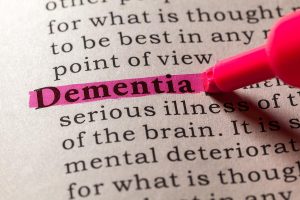
A common drug used to prevent migraines might have an additional benefit — protecting women against stroke. Women taking the beta blocker propranolol to ward off migraines have a lower risk of strokes caused by blood clots, according to new research to be presented Thursday at a meeting of the American Stroke Association. The risk of stroke was as much as 52% lower in female migraine sufferers taking propranolol, which is available as a generic drug, researchers said. The drug did not have the same protective effect for men, however. “Migraine is an often-ignored risk factor for cardiovascular issues. Until recently, preventive treatments for people who have migraines were not available,” said lead researcher Mulubrhan Mogos, an assistant professor at Vanderbilt University School of Nursing in Nashville, Tenn. About 20% of people suffer from migraines, researchers said in background notes. Migraine headaches occur three times more often in women than men, and they are associated with an increased risk of stroke. Beta blockers are commonly prescribed to help ward off migraine, and also are used to treat high blood pressure. For their study, researchers reviewed more than 3 million electronic health records from two large databases. They identified people with migraine who had a stroke, and then checked who was taking propranolol for migraine. “We initially looked at overall stroke and then ischemic (clot-caused) stroke… read on > read on >





















-300x200.jpg)







-300x169.jpg)








